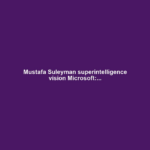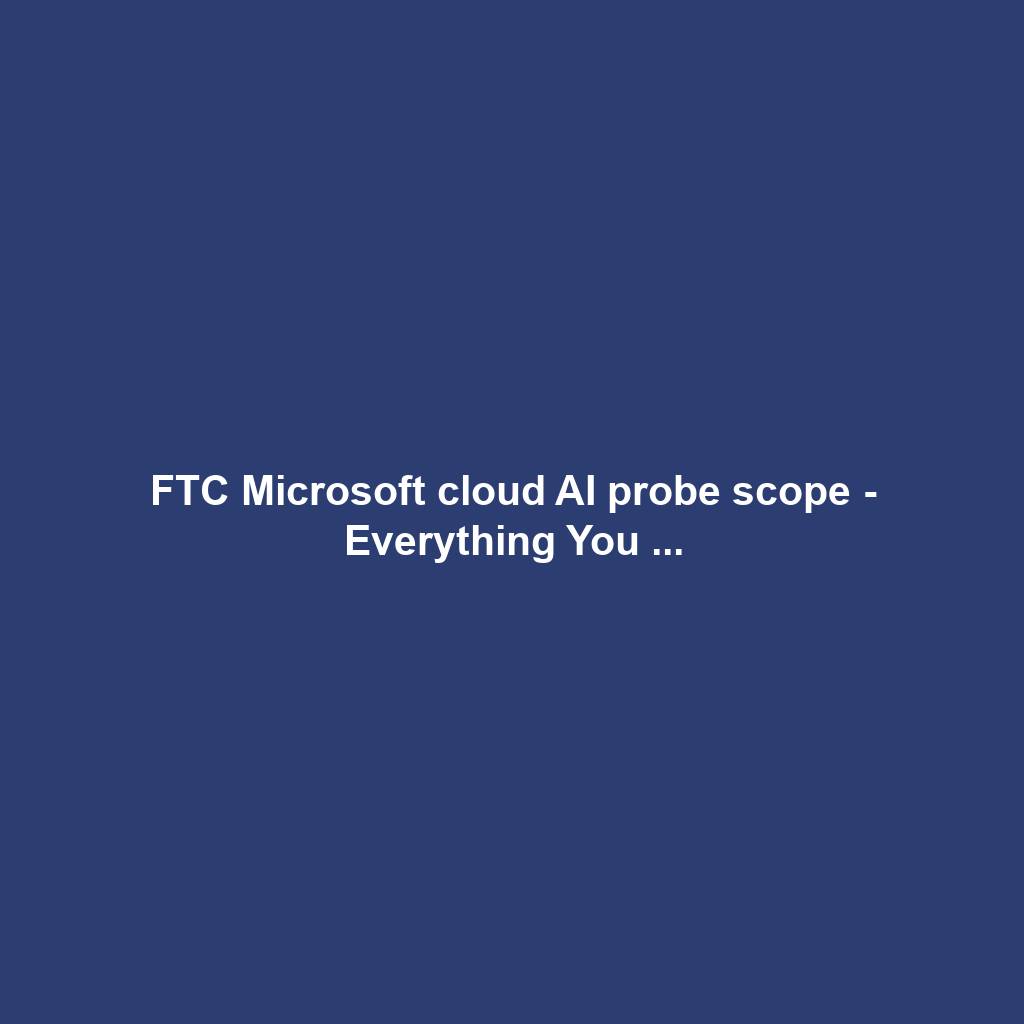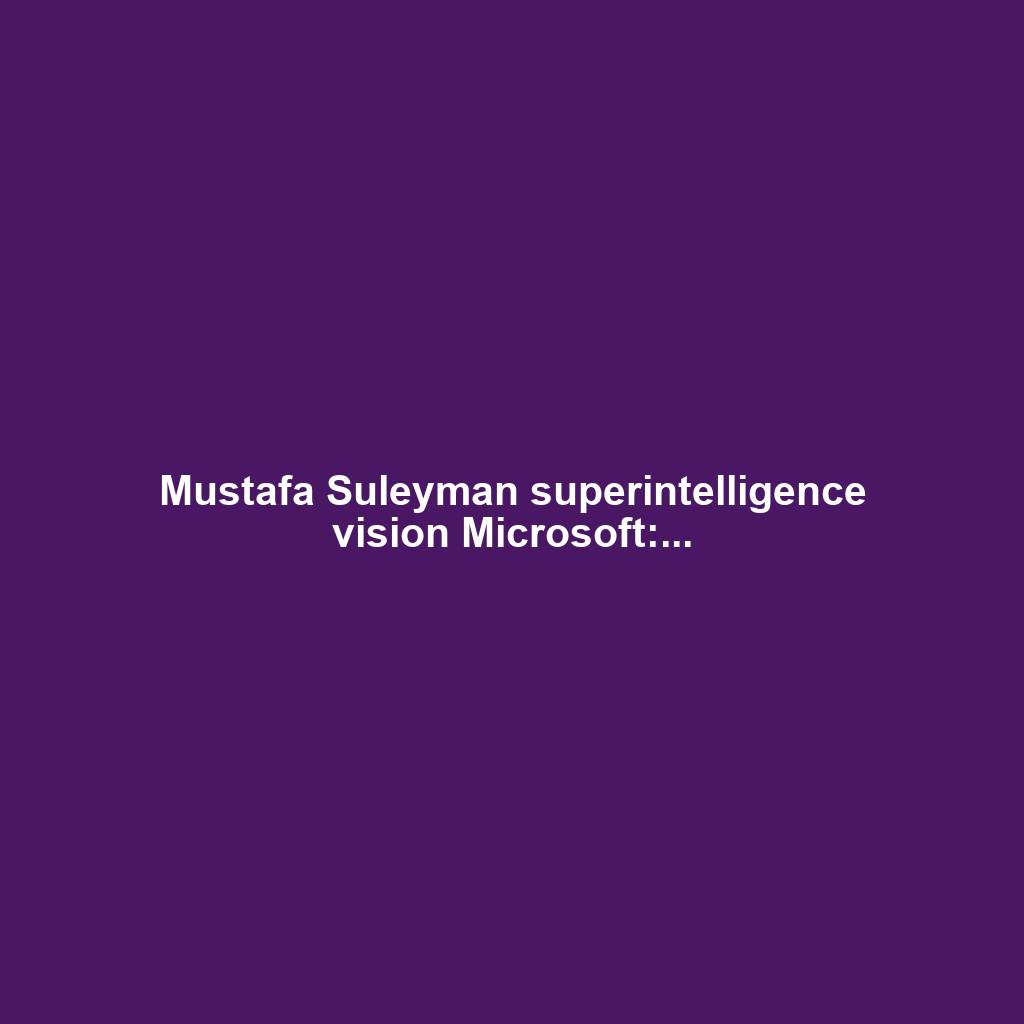
The Corporate Response: Denials and Defensive Walls
Following the widespread reporting of the coded notification system, both technology giants faced immediate, intense pressure to address the situation, issuing public statements aimed at containing the reputational and legal fallout. Their responses focused heavily on reaffirming their adherence to their home country’s laws while simultaneously walling off the specifics of their contractual relationship.
Statements Issued by the Technology Titans
A spokesperson for Google issued a firm denial regarding the most damaging interpretations of the arrangement, stating clearly that the suggestion the company would intentionally seek to evade its legally binding obligations to the United States government, or any other legitimate governing body, was “categorically wrong”. This statement was a direct attempt to reassert the company’s foundational allegiance to US legal supremacy. Amazon, on the other hand, adopted a posture centered on customer confidentiality, emphasizing their “deep respect for customer privacy” and stating a general policy against discussing specific details of their relationships or workloads without explicit customer consent. While this maintains a wall of commercial secrecy, it notably avoids a direct confirmation or denial of the existence and operation of the coded notification system itself.
Rebuttals Regarding Circumvention of Statutory Duties
Crucially, both companies, through their respective statements, essentially denied the accusation that they had agreed to *sidestep* or *circumvent* legal orders. This denial is vital because agreeing to circumvent a court order carries far greater legal liability than agreeing to an unusual notification process within a contract. They maintained that their actions within the context of the Nimbus deal remained compliant with the *letter* of US and European law, even if the investigation suggests the *purpose* of the mechanism was to manage the fallout from compliance with foreign mandates. They stressed that they remain bound by stringent contractual commitments intended to safeguard Israel’s vital national interests, but they simultaneously refuted the suggestion that this safeguarding extended to the outright disregard of statutory requirements imposed by other sovereign nations. The entire dispute effectively hinges on the interpretation of the “wink”: is it a benign, contractual alert that a legal requirement has been met, or is it an agreed-upon tool for systematic evasion? To understand more about the pressures on these corporations, looking into **corporate accountability in national security contracts** can offer valuable context.
The Unprecedented Lockdown: Service Termination Clauses. Find out more about Project Nimbus secret notification mechanism.
The issue of the “wink” is only one piece of the puzzle revealed by the leaked documents. The investigation reportedly uncovered other highly unusual contractual stipulations within the Project Nimbus framework that drastically limit the providers’ corporate autonomy.
Scrutiny Over Contractual Clauses on Service Termination
Among the most shocking revelations was a clause that appears to explicitly **bar the technology providers from unilaterally terminating Israel’s access** to the cloud services. This restriction purportedly remains in effect even if the services are utilized in sensitive military operations or if the perceived use of the technology by the client government conflicts with the cloud providers’ own stated ethical policies or terms of service regarding human rights concerns. This effectively shackles the providers, preventing them from using their corporate power to refuse service based on evolving ethical or political considerations—a power they recently exercised with Microsoft. This clause represents a direct countermeasure to growing internal and external pressure. Microsoft, for instance, recently cut off a unit of the Israeli military after it was found using its Azure cloud for surveillance of Palestinian civilians, citing its refusal to facilitate mass surveillance. Under the Nimbus agreement, however, Google and Amazon are contractually prohibited from taking similar action against the Israeli government; doing so would reportedly incur financial penalties and legal action for breach of contract. An Israeli official familiar with the project stated there can be “no restrictions” on the kind of information migrated to the cloud, including military and intelligence data.
The Precedent Set for State-Level Cloud Computing Contracts
This entire affair has established a definitive benchmark for what a highly motivated, strategically important state client can demand when negotiating foundational digital infrastructure. If one nation can successfully mandate a system that circumvents standard legal notifications and strips away service termination rights, other nations, especially those with complex security postures or strained international relations, may feel empowered to demand similar, tailored, and potentially ethically questionable contractual exceptions in their own multi-billion dollar deals. This forces a critical reassessment for every major cloud provider:
- What are the non-negotiable limits of contractual flexibility when dealing with government clients?. Find out more about Israel demanded Google Amazon sidestep legal orders guide.
- At what point does accommodating a client’s security needs become a direct liability to the provider’s compliance with its own home laws or global ethical standards?
The **digital infrastructure agreement precedent** set here suggests that cloud service contracts are rapidly becoming as complex and fraught with hidden clauses as traditional international arms or trade treaties. A related issue worth examining is the concept of **cloud exit strategy planning** for government clients, as this deal highlights the risk of vendor lock-in under extreme political duress.
The Mechanics of Secrecy: Decoding the “Wink”
To fully grasp the audacity of this arrangement, one must look at the granular detail of the coded signal system itself, as confirmed by the leaked finance ministry records. This was not a vague agreement; it was codified down to the shekel.
The Anatomy of a Coded Payment. Find out more about Data sovereignty challenges in multinational cloud hosting tips.
The “winking mechanism” required Google and Amazon to alert Israeli officials whenever foreign courts or security agencies requested access to Israeli data, but only if a gag order prevented them from saying so directly. The alert was disguised as a “special compensatory payment” sent to the Israeli government within 24 hours of the transfer. The amounts were based on the international telephone dialling code of the requesting country:
- A request from the US (country code +1) would trigger a payment of **1,000 Shekels**.
- A request from Italy (country code +39) would trigger a payment of **3,900 Shekels**.
- There was a fallback: If a gag order prevented the companies from even specifying the country, a lump sum payment of **100,000 Shekels** would be sent to signal silence or ambiguity.. Find out more about Conflict between US law and Israeli government data requests strategies.
- The Contract is the New Treaty: National security and data jurisdiction are now being settled not in diplomatic chambers, but in the fine print of multi-billion dollar cloud contracts. You must scrutinize every clause related to third-party access and disclosure.
- The Transparency Illusion: The existence of a coded system to manage legal disclosure shatters the illusion of neutrality in public cloud infrastructure. If your data is there, your counterparties may have secret obligations to your client’s government that supersede your expectations of transparency.
- Ethical Backstops are Negotiable: The no-termination clause is perhaps the most dangerous precedent. It means that even if your provider claims to have **ethics-based service restrictions**, those restrictions can be contractually waived for anchor government clients.. Find out more about Israel demanded Google Amazon sidestep legal orders definition guide.
- Demand Explicit Data Access Audits: When contracting for cloud services, move beyond simple Service Level Agreements (SLAs). Demand contractual clarity on the provider’s protocol for responding to foreign legal requests (e.g., FISA, CLOUD Act requests) involving your data, even if they are hosted in a friendly jurisdiction.
- Review Termination Rights Vetoes: Explicitly check for any clauses that prevent *you* from terminating the service due to misuse or conflict with your own legal or ethical standards. Ensure your contract does not contractually enslave you to a provider under duress.
- Understand Your Jurisdiction: If your data resides in Country A but your provider is incorporated in Country B, you are subject to a complex legal superposition. Seek counsel that specializes in **cross-border data regulation** to map out your true risk exposure.
This financial breadcrumb trail, traceable only by the involved parties, transforms a routine compliance action into an intelligence operation for the client state. It demonstrates a level of customized service that goes far beyond standard enterprise cloud support.
The Power of Investigative Partnership
The unveiling of this complex, deeply hidden arrangement was not the result of a single leak but a testament to contemporary, multi-layered investigative journalism. The foundation was the physical access and meticulous review of internal governmental paperwork—specifically, leaked documents originating from Israel’s finance ministry that reportedly included a *finalized* version of the Project Nimbus agreement. The authenticity and specificity of these official, signed-off records—including the shekel amounts and the 24-hour timeframe—transformed speculation into documented fact, providing the granular details that make the story so legally and politically significant. The impact of this reporting was magnified by a deliberate collaborative effort. The international reach of The Guardian was paired with the local, on-the-ground context provided by the Israeli-Palestinian publication +Nine Seven Two Magazine and the Hebrew-language outlet Local Call. This triangulation offered diverse perspectives and crucial cross-verification capabilities, creating a modern template for high-impact **investigative reporting** in the digital domain.
Actionable Insights: What Does This Mean For The Digital Age?
The Project Nimbus “wink” is more than a scandal; it’s a critical data point in the ongoing evolution of global digital governance. For policymakers, legal teams, and security officers, the takeaways are clear and immediate.
Key Takeaways for Digital Governance Today:. Find out more about Project Nimbus secret notification mechanism overview.
Actionable Advice for Organizations on the Cloud:
This story, emerging fresh on **October 30, 2025**, serves as a flashing red light for every government agency and enterprise relying on hyperscale cloud platforms. The convenience of the cloud now comes with an explicit warning label: the fine print holds geopolitical secrets that could undermine your own legal standing.
What are your thoughts on this new era of “digital diplomacy” baked into cloud contracts? Share your insights and questions in the comments below—let’s discuss where the line between client partnership and legal complicity truly lies.










